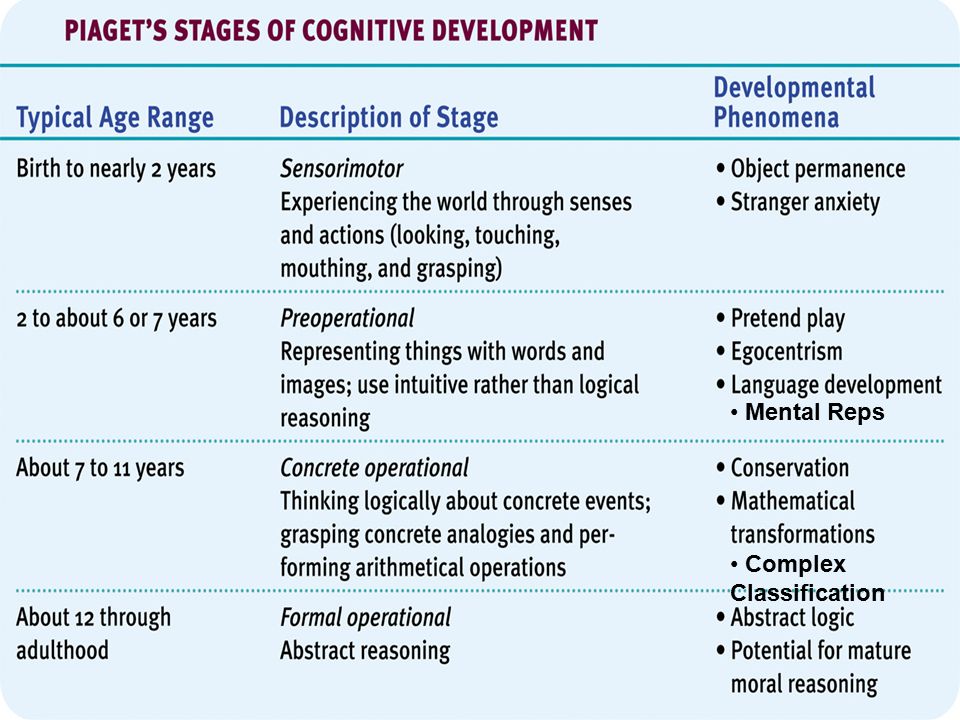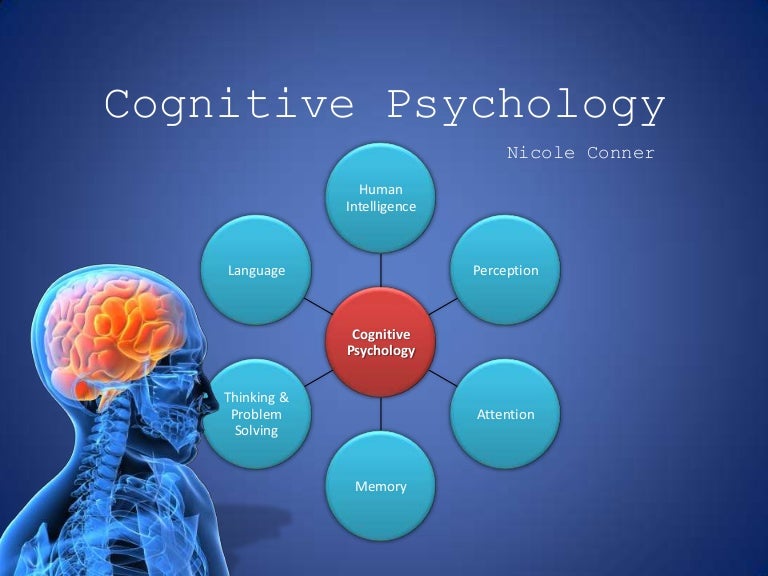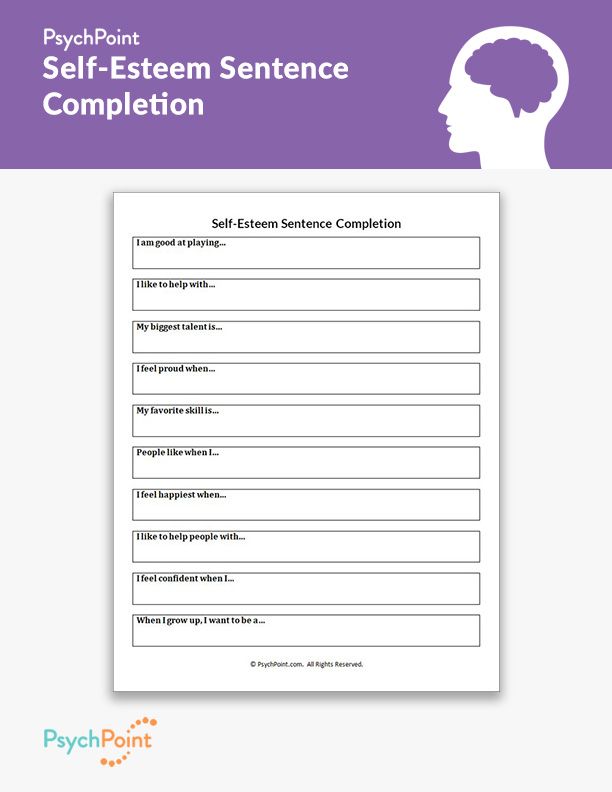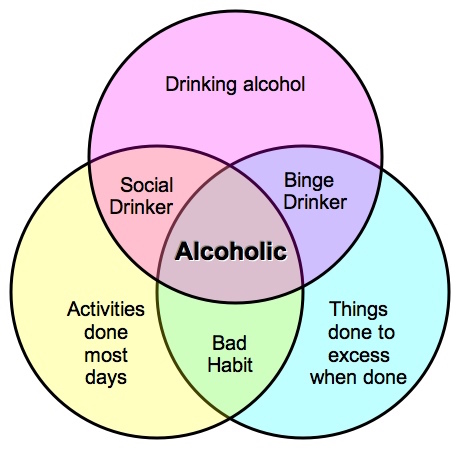Teaching people how to treat you
How Do You Teach People to Treat You with Respect?
You teach people how to treat you by setting clear boundaries, defining your expectations, expressing emotions empathetically, and exiting situations you find unacceptable.
Teaching people how you want to be treated starts with yourself. You may need to first define what works and doesn’t work for you. Then, you can be transparent with others.
Teaching others about what you want doesn’t guarantee they’ll follow suit, though. So, it may also be important to learn how to let go of things you cannot control.
Teaching people how to treat you is a process that involves introducing them to “what is acceptable and unacceptable. It is knowing what we need and want, and being able to communicate it effectively to others,” says Michael Morgan, LMFT, a marriage and family therapist in Sandy, Utah.
Here are specific tips to teach others how to treat you:
“To teach people how to treat you, you do not begin with them, you begin with yourself,” says Josephine Wiseheart, MS, a psychotherapist in Miami. At the end of the day, you need to be clear on what you need and want from others, so you can be consistent with your requests.
Also, self-respect helps you recognize how you deserve to be treated by other people.
“The way you believe about and treat yourself sets the standard for others on how you demand to be treated,” says Morgan. “People learn how to treat you based on what you accept from them.”
Teaching others how to treat you starts with self-awareness, according to Wiseheart. She suggests asking yourself these questions:
- How do I treat myself?
- What do I value?
- What do I want?
- What do I think I deserve?
Wiseheart regularly tells her clients to “be the pebble.” In other words, “to create even a seemingly small amount of change will ripple out and create more change.”
People don’t know how you want to be treated.
“In order for people in a relationship to be on the same page, they need to have access to the same instruction manual,” says Wiseheart, who calls this manual the “rules of engagement. ”
”
Wiseheart suggests having an equivalent of a business meeting to discuss the “rules” of your relationship. You may want to find a time when everyone is in good spirits and willing to elaborate on this topic. Doing this in the middle of an argument might be counterproductive.
Some rules may include:
- no name calling
- no yelling
- actively listening to one another
- giving the other person the benefit of the doubt
- taking pauses if a conversation is getting out of hand
Setting your rules also implies setting boundaries when these rules aren’t respected.
“Rather than scream ‘you never listen to me,’ it is more helpful to express ‘I feel alone right now and I would be very grateful if I could have your undivided attention for 10 minutes,’” says Morgan.
In other words, you teach people how to treat you when you can identify a need and then express it in a clear and comprehensible way, added Morgan. That’s why using the silent treatment, for example, doesn’t fit here.
“If we use pouting, desperation, or even abuse, people do not learn how we want to be treated,” he says. “All they hear is pouting, desperation, and screaming. The message does not get across.”
“Be the person you want other people to be,” says Wiseheart. That is, treat others the way you want them to treat you, which is reminiscent of the Golden Rule and different from treating people how they treat you.
“If you want your children to be kind to you, be kind to them; if you want your sweetheart to be romantic and affectionate with you, be that way with them,” she adds.
Reinforcement simply means expressing appreciation when the other person makes the effort to change their behavior, Wiseheart says. For instance, you might say: “I appreciate that you listened to me so intently yesterday.”
“Reinforce [behaviors you like] at the time, 5 minutes later, 10 minutes later, an hour later, a day later, 10 days later,” she says. “You cannot reinforce a positive behavior enough.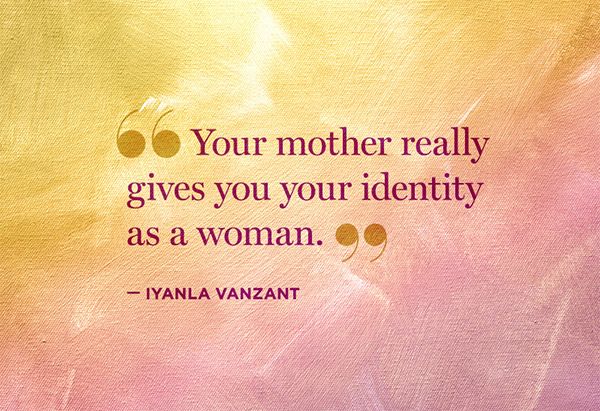 ”
”
“Find a role model of someone who demands respect and appears to have a strong sense of worth,” advises Morgan.
This person might be a parent, peer, friend, teacher, coach, therapist, mentor, or even a well-known celebrity, he suggested.
“The important component of a role model is that they are emulating the desired beliefs and behaviors that you would like to adopt or integrate.”
“You don’t teach people how to treat you in a day, or a week, or a month,” says Wiseheart. “It probably takes many months at a minimum to really get someone to treat you the way that you want to be treated.”
Sometimes, people may be too caught up in being rigid and defending their own reality to try to act differently, she says.
When you start clarifying what you will and won’t tolerate, there’s also a chance some people won’t stick around, adds Wiseheart. “At that point, you need to ask yourself what’s in your best interest — a relationship at the cost of you, or making room for the future relationships that you deserve?”
When You Teach People How to Treat You, Start with These 8 Pillars of Conduct
“Daring to set boundaries is about having the courage to love ourselves even when we risk disappointing others.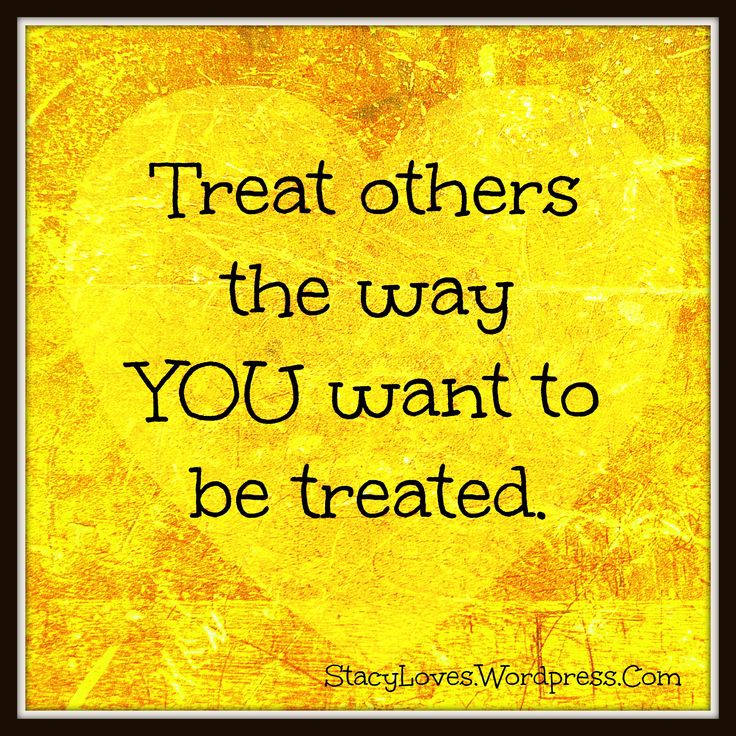 ” ~ Brené Brown
” ~ Brené Brown
You deserve to be treated with value and respect. You may not feel that you do because of how others have treated you throughout your life. You don’t deserve to be mistreated. Yet there are some questions to consider: Do we, in any way, bear some responsibility? Is it possible to improve difficult relationships? Can you really teach people how to treat you better?
Teaching people to treat you better doesn’t mean you’re demanding they cater to your every whim and never disagree with you. All healthy relationships need a balance of give and take.
I’m talking about when someone isn’t giving you the respect and courtesy you deserve. What can you do to teach people how to treat you better then? You don’t want to sink to their level and retaliate in kind. If at all possible, you want to elevate their behavior. Here are eight foundational pillars of thought and action to build upon:
1. Know your values. For example, we need others to respect us. That’s not something we can demand from others; it’s something we earn by consistently modeling respect for ourselves, without being arrogant. It’s important that you don’t accept disrespect. Show them how to elevate their behavior by modeling respect as you firmly reject their disrespect. Sometimes this means walking away with dignity. It means staying C.A.L.M. and compassionate, looking for ways to restore balance within yourself and within the relationship if possible.
That’s not something we can demand from others; it’s something we earn by consistently modeling respect for ourselves, without being arrogant. It’s important that you don’t accept disrespect. Show them how to elevate their behavior by modeling respect as you firmly reject their disrespect. Sometimes this means walking away with dignity. It means staying C.A.L.M. and compassionate, looking for ways to restore balance within yourself and within the relationship if possible.
Am I mindfully aware of my core values and my code of ethics?
2. Treat yourself well. Your physical appearance, hygiene, dress and grooming, and how you speak about yourself sends messages to others about how you expect to be treated. If you don’t care, then few people will go to the effort of raising you up. In these troubled times, people are too busy trying to keep themselves on an even keel.
Am I sending the right message to others?
3. Avoid assuming other know what you need. Rather than waiting for a blow up to talk about something emotional, initiate a conversation, during calm and quiet times, to talk about your needs specifically and clearly. And remember to inquire how these fit in with what the other person needs. Model the behavior you desire: listen to be listened to, be more affectionate to spark more romance.
Avoid assuming other know what you need. Rather than waiting for a blow up to talk about something emotional, initiate a conversation, during calm and quiet times, to talk about your needs specifically and clearly. And remember to inquire how these fit in with what the other person needs. Model the behavior you desire: listen to be listened to, be more affectionate to spark more romance.
Am I expecting others to read my mind?
4. Set clear boundaries. What messages are you sending? Are they consistent? Or are they on again, off again? We all benefit from deciding on our “rules of engagement” — what is consistently acceptable and what is unacceptable. Doesn’t this quote by Brené Brown sum it up well?
“Compassionate people ask for what they need. They say no when they need to, and when they say yes, they mean it. They’re compassionate because their boundaries keep them out of resentment.”
5. Refrain from “letting it all hang out. ” At one time we were advised: “If you feel it, express it, however it wants to come out.” You are entitled to your emotions. Some have misinterpreted this to mean they can use pouting, silent treatments, or yelling, criticizing, and bullying. Hurtful behavior leads to damaged relationships. Compassionate behavior leads to healing. Take calming breaths and reframe your need in a way that avoids accusations…“I’m feeling _______ right now. Can we talk about it? I think if _____ happened, it would help.”
” At one time we were advised: “If you feel it, express it, however it wants to come out.” You are entitled to your emotions. Some have misinterpreted this to mean they can use pouting, silent treatments, or yelling, criticizing, and bullying. Hurtful behavior leads to damaged relationships. Compassionate behavior leads to healing. Take calming breaths and reframe your need in a way that avoids accusations…“I’m feeling _______ right now. Can we talk about it? I think if _____ happened, it would help.”
Do my communication skills need work?
6. Reward behaviors you like. Getting so wrapped up in your own feelings can blind you to seeing the kind, loving acts that others do daily. Notice. Acknowledge. Express gratitude. These three things are great motivators to deepen healthy relationships.
Do I need to hone my awareness, so that I see opportunities for gratitude?
7. Be patient and suspend judgment.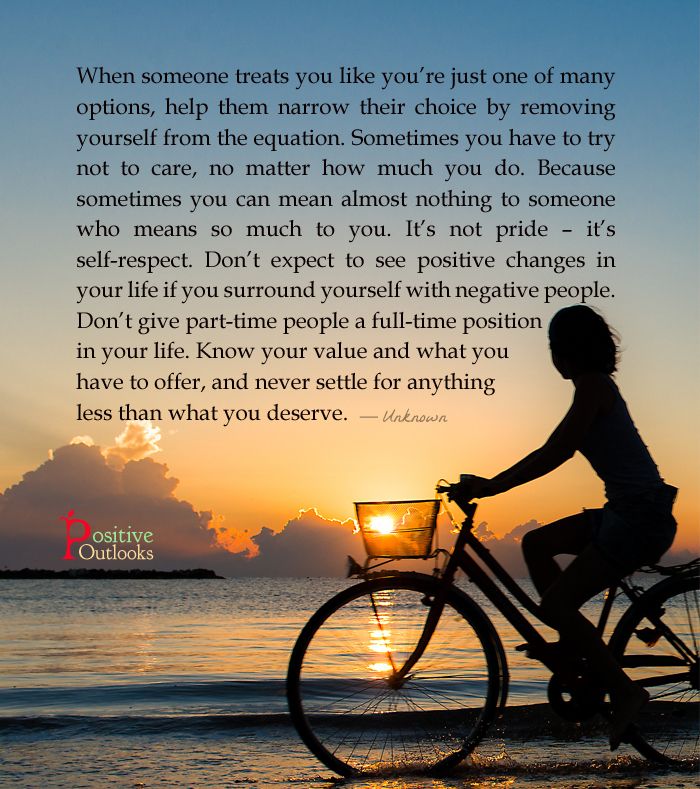 The “I’m right! You’re wrong.” attitude is not helpful. All of us have internal work to do before it’s seen within our external actions. We are just in different places along the same journey in life. Remember that behaviors don’t change overnight. When the other person is trying, be appreciative. However, if someone absolutely refuses to budge, it may be time to move on from that relationship.
The “I’m right! You’re wrong.” attitude is not helpful. All of us have internal work to do before it’s seen within our external actions. We are just in different places along the same journey in life. Remember that behaviors don’t change overnight. When the other person is trying, be appreciative. However, if someone absolutely refuses to budge, it may be time to move on from that relationship.
Has being “right” become too important to me?
8. Forgive often. Forgive yourself. Forgive others. Retaliation brings you down to their level. Keeping score is only for baseball, not real life. Holding grudges is like picking at wounds and never letting them heal. You’re not responsible for fixing anyone. I don’t believe anyone needs to be fixed.
How can I become attuned to my body sensations so I recognize somatically what each situation is teaching me?
The goal when you teach people how to treat you isn’t to control someone else.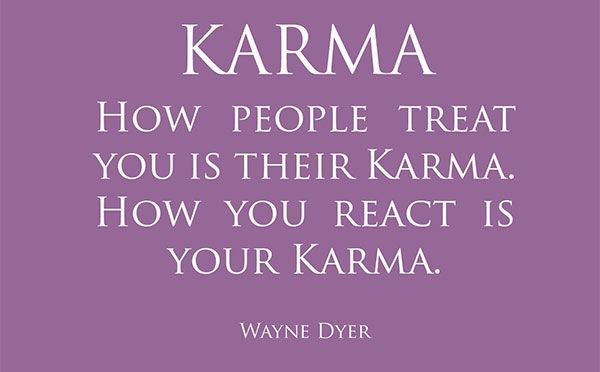 It’s to create an environment where the desired behavior has room to grow; where its tender start is nurtured and encouraged.
It’s to create an environment where the desired behavior has room to grow; where its tender start is nurtured and encouraged.
My colleague, Louise Santiago, and I are creating such a nurturing environment in our 3rd annual Bring Forth the Leader Within Retreat. Yes, we’re making plans for 2022! Won’t you join us? Early bird discount ends October 1, 2020.
19 harsh truths that will teach you how to win
Paul Jarvis
Web designer, creator of training courses for freelancers. Regular contributor to The Huffington Post, Forbes, The Next Web and other publications. Author of four bestselling books on creativity and productive work.
Like every other person on the planet, I have good periods in my life, and sometimes the whole world is against me. And while I hate self-help advice (in the form of quotes under Instagram photos*), I sometimes need to cheer myself up. In most cases, to get out of the swamp (and my brain has a penchant for science and mathematics), I need to detonate a logic bomb in front of my nose.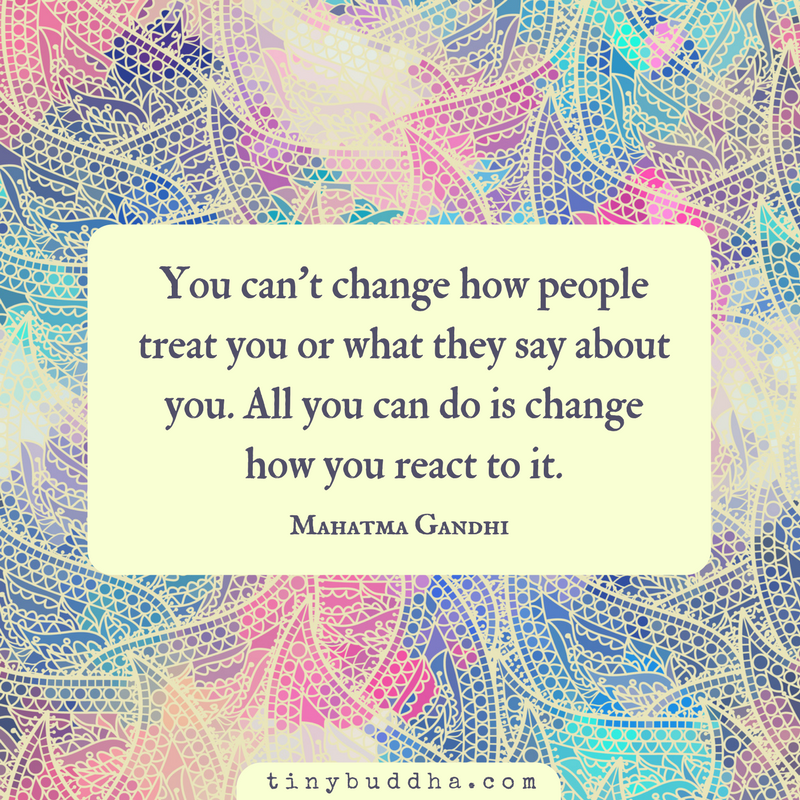
This is going to be a long article. If you find it in your inbox and you already think what the hell it is, then just delete it. If you are reading this post in a browser window and see how the scrollbar is moving slowly, because the end is still far away, close the tab and return to the collections of chips and tips.
Are you still here? Nothing, all unnecessary will be eliminated with the help of points 1, 4 and 8.
Greetings to the rest! It's time to move on!
This manual works when things go wrong in life. Someone writes nasty things in the comments? Read this post. Someone demanding a refund for a product you've been working on for five years and still nagging? Read the article. Did you get fired, did a client leave you? Read this post. The zombie apocalypse? Well then stock up on food and weapons. And then read this post.
1. People get offended all the time
We hold on to our beliefs. We love to talk about how broad our views are, while we ourselves find fault with other people over trifles. Creepy drivers (who pick up speed when the road widens to two lanes), seventeen-year-old yoga instructors (who talk about the meaning of life in the first 45 minutes of a one-hour session), Internet controversy writers (like me), people who swear or clutter up social media feeds…
Creepy drivers (who pick up speed when the road widens to two lanes), seventeen-year-old yoga instructors (who talk about the meaning of life in the first 45 minutes of a one-hour session), Internet controversy writers (like me), people who swear or clutter up social media feeds…
Take it for granted that whatever you do, someone may be unhappy with it. And will be.
This does not mean that you need to stop doing your own thing. Just don't be surprised when someone says they're offended.
2. If someone is offended by you, then he noticed you you your opinion. He found you, noticed and appreciated the product you made. Well, yes, he hates you. But you took his time because he takes minutes to talk about his hatred.
Even if you don't answer (and you shouldn't), you won. He doesn't want to know anything about you, but you're already on his radar. And then, if someone expresses dissatisfaction, this is the maximum that can happen. Life goes on, the Earth is still spinning, someone is offended, and you have become smarter.
Life goes on, the Earth is still spinning, someone is offended, and you have become smarter.
A more tragic scenario: someone complains about you in public. This is also not so scary, because people pay attention only to what concerns them personally. Therefore, public sensors and Twitter feeds will quickly forget about you.
We go crazy thinking we will be hated. Especially when we do something for people and put it on the Internet. Better understand that while a few people scold you, the rest silently download your work. Or even buy, which is even cooler.
3. When you are not noticed, it is bad. But that's the way things are
If no one hates you, then no one cares about you. If you need attention for confidence, a sense of self-worth, or, scary to imagine, to make money from it, understand that you will not receive it instantly. The people you pay attention to were once in your place. They worked hard to get others to listen to them.
And one more thing: if no one is looking at you, you are truly free.
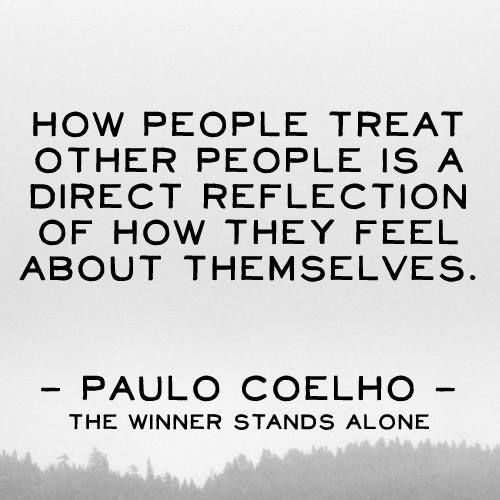
Dance in your underwear. Write on the table for yourself. Swear like you just got back from a swear word sale. Find yourself. Not in the ways that grown-up hippies do, eating pasta and meditating in the ashram, but in ways that help separate the important things from the unimportant. Do something just because you feel like it. Lay the foundation for the confidence that will soon come.
4. People will judge you no matter what you do. Because they love to judge
Fear makes you worry about what others think. The question of whether people will condemn you is not even worth it, because they will definitely. People love to pretend to be judges, and sentences are frightening.
The real story: I just received an invitation to an event, read it and immediately decided that it sucks. I even said out loud, "Fucking hippies!" I was invited to a party to dance, eat organic local products, drink rosé wine, take pictures with people who wear dreadlocks, are into body art and hug all the time. Should others skip the party just because I won't go? No. Is the party going to be terrible because I don't have a high opinion of the hippie scene? Yes, they didn't give a damn about me. They are going to drink their wine (maybe from cups they carved from wood while talking to the fairies), dance all night and party hard.
Should others skip the party just because I won't go? No. Is the party going to be terrible because I don't have a high opinion of the hippie scene? Yes, they didn't give a damn about me. They are going to drink their wine (maybe from cups they carved from wood while talking to the fairies), dance all night and party hard.
So. You don't have to do like me. Do like those hippies. Not literally, of course (although who knows), but you understood me.
Look at things from this angle: if you do or don't do something, someone will judge you anyway. Even if you are afraid and do nothing at all, you will receive a portion of criticism. And if there is no difference, maybe it's worth doing something? Thus, even if you criticize yourself, at least you will sleep peacefully at night (tired of wine and dancing - in a figurative sense). And all the rest who are trying to condemn you, you can politely send the forest.
We care what others say. But it is dangerous to value someone else's opinion above your own.
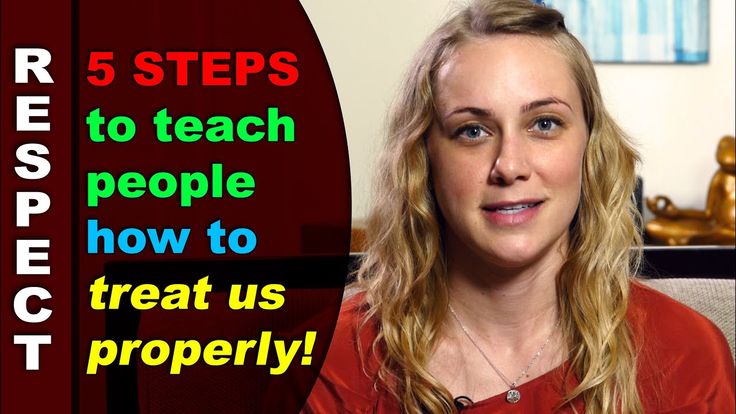
In decreasing order of importance, the list should be:
- What is your opinion of yourself.
- Someone's opinion about you.
There must be a huge distance between the first and second points.
5. Fortunately, condemnation and respect are different things.
Condemnation and respect are not the same thing. People may think you're an asshole, but appreciate you. People can absolutely disagree with you, but recognize your merits.
And vice versa. You may be considered a decent and pleasant person, but not a bit of respect. On pleasant people, it is customary to wipe your feet. Gross, but what can you do. On the other hand, no one will wipe their feet on a person who commands respect.
6. If you respect yourself, others will start to respect you
In a world where everyone strives to offend and condemn you, it's damn hard to respect yourself. But necessary.
Figure out what you respect yourself for first, and others will soon do the same. This is because people behave like sheep in a herd. They see someone acting in a certain way and start repeating. Like millions of lemmings and hamsters. Derek Sievers told a TED talk about how a guy started dancing and everyone followed suit (or maybe he just drank rosé). And if you respect yourself—loudly and proudly—there are chances that others will too. And if not, you will have a whole bag of self-respect, which is cool.
This is because people behave like sheep in a herd. They see someone acting in a certain way and start repeating. Like millions of lemmings and hamsters. Derek Sievers told a TED talk about how a guy started dancing and everyone followed suit (or maybe he just drank rosé). And if you respect yourself—loudly and proudly—there are chances that others will too. And if not, you will have a whole bag of self-respect, which is cool.
7. Self-respect and self-confidence are very, very different things.
Self-respect means knowing exactly what you are ready to do and what you are not ready to do. This is your honor and dignity. This is the line that you draw to understand your place in life and appreciate what you have done.
Self-respect does not give you privileges and additional rights. Slow down, dude!
Self-confidence is when you think you deserve something. You deserve only self-respect and adequate assessment of others. To achieve the rest, you need to work hard.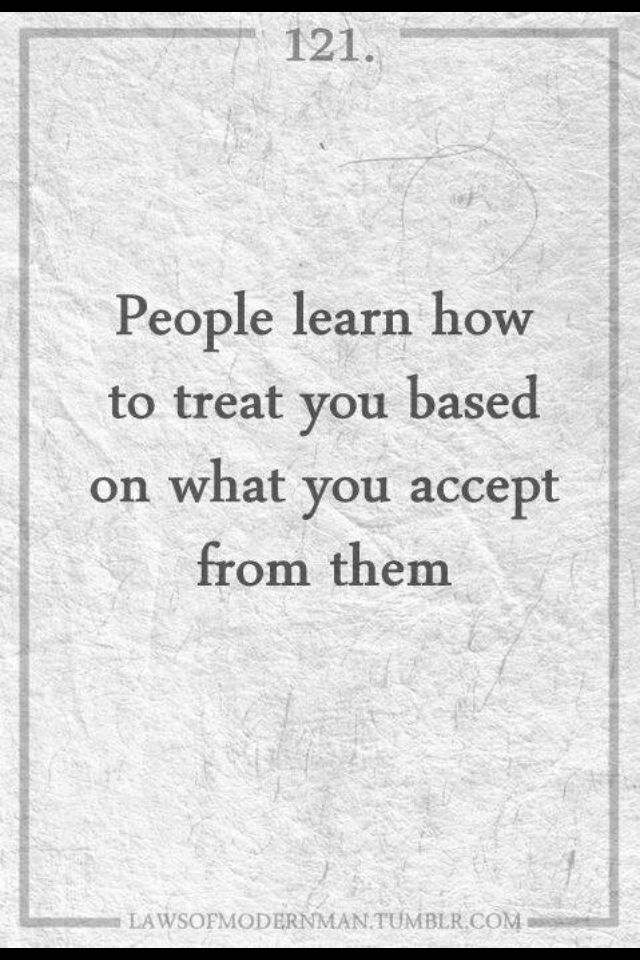 And even then, not everything goes the way you want. The card just didn't fit.
And even then, not everything goes the way you want. The card just didn't fit.
Insolence is the fastest way to lose respect. The world doesn't revolve around you. You don't deserve anything you haven't earned. You need to start small and grow, invest in development. You can’t just go and become famous or earn money on what you love to do. The world works in a different way, and I'm happy about that.
Ashton Kutcher was right when he said: “The way to a good life is to work hard, be smart, considerate and generous. The only thing that can be below your dignity is not to work.
Self-respect does not mean that you deserve something or that you are better than others. This does not mean that you can afford not to take risks (as we all do) and not be interested in what your actions will lead to.
8. He who does not respect you, you do not need
So, you have loaded yourself with self-respect. And I realized that self-confidence is rubbish. And some people still don't want to respect you.
The best reaction to these people is this: as long as they don't bother you, don't give a damn about them. They won't support your work or help you get better. Get rid of them as quickly and quietly as possible. Otherwise, they will hang on you like a dead weight and prevent you from moving towards victory.
As long as they don't hurt, don't pay attention. People who do not respect you should not even be allowed to come close to your life. It's not your audience, it's not your pack, it's not your clients. They are not needed at all.
9. You only need those who respect and appreciate you
If you exclude trolls and assholes from life, there will be two categories of people in the world: those who know nothing about you and those who appreciate you. The first can be ignored until you need to win the attention of the audience. Then you have to tell them about your existence.
The second ones are your people. The most important to you on the planet. They don't just pay attention to you, they are interested. They should be treated like royalty. Work for them, be generous with them, and make sure they know how much you appreciate them.
They don't just pay attention to you, they are interested. They should be treated like royalty. Work for them, be generous with them, and make sure they know how much you appreciate them.
10. Even shy people, introverts and “not like everyone else” can be confident
I am a strange little nerd who is afraid of everything in the world, does not like crowds and loves being alone. I'm definitely not a typical extrovert.
I'm confident, not because I'm selfish (okay, a little because of that), but because I try, make mistakes, and learn. I've spent my whole life learning how to do a couple of things (and still working on it). You, too, can gain confidence in this way. For this you need to work and study.
You don't have to be loud to be sure. Sometimes the most confident person in the room can only say three things in an entire evening. But when he speaks, everyone else shuts up and listens.
You don't have to tell everyone how much you know to be sure. Confident people are aware of their knowledge, and they do not need to prove anything. They share experiences when appropriate or when asked. And they do it to help themselves.
Confident people are aware of their knowledge, and they do not need to prove anything. They share experiences when appropriate or when asked. And they do it to help themselves.
A confident person is not one who jumps around the stage, shouting platitudes and waving his arms. I'm betting $100,500 million that he just doesn't feel confident. A confident person can be quiet, reserved, and know when to slow down.
11. Don't worry like tomorrow is the end of the world
Stress and worries are your everyday reality.
If you spend your nerves on everything and everyone, you will soon be completely without them or, even worse, you will get into nervous debts. There will be no time left, you will waste it on trifles and insignificant people, circumstances will control your life and bury all undertakings in the ground.
If you pay attention to something unimportant too often, then this is a signal that something is not right with your life. You need to look for ideas and people who are worthy of your nerves.
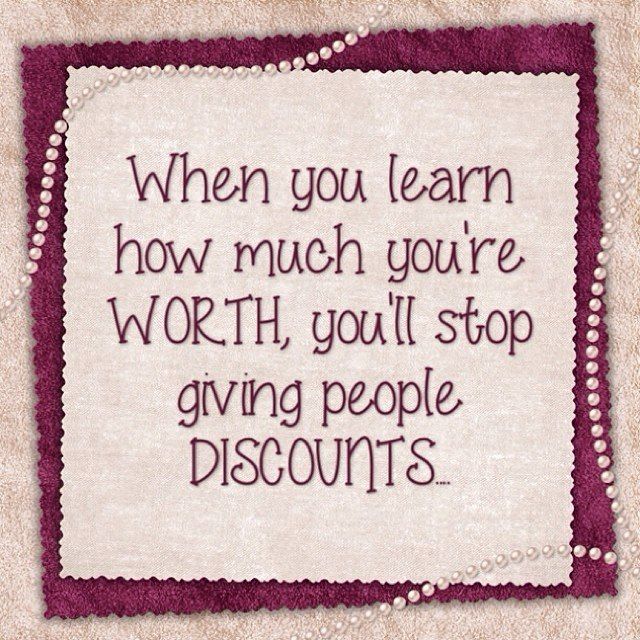
Don't waste yourself on little things you can't control and on people who don't deserve it. For example, trolls. And a long line at the cashier is not worth a single nerve cell. Better meditate.
If you can keep your emotions in check and stock up, you will have something to respond when you really need it. Take care of your nerves! Hold the negative until the moment when it really needs to be thrown out.
12. You can worry about important things
When something or someone really matters, you can spend a few nerve cells and strong expressions. Hand out emotions when required, otherwise they will be worthless and you will turn into a cynic. There is only a very small group of people and ideas for which I am willing to risk. And I am ready to spend my experiences on them, because I made a reserve, like a squirrel for the winter.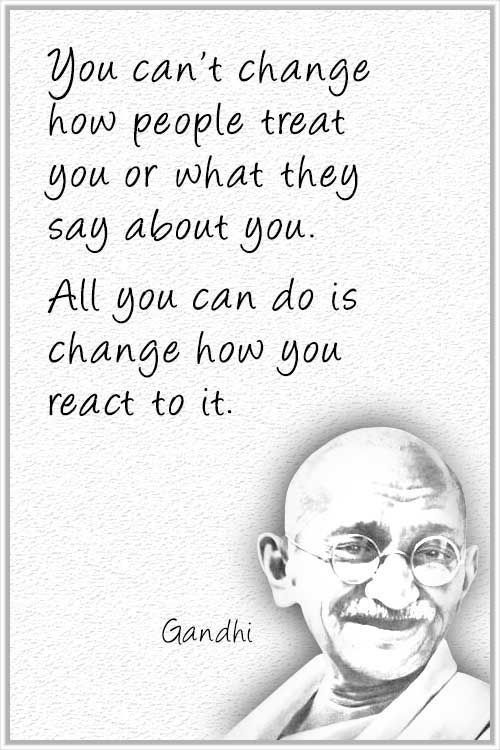
13. Calmness and apathy are not the same thing
Apathy is the indifference you feel towards unimportant things. Calmness is the ability not to attach importance to things that do not deserve it. This needs to be thought about, and this needs to be understood.
Calmness is a character trait similar to willpower. Apathy is the absence of feelings.
14. Greatness comes when you are okay with stupidity
Nobody knows what to do.
Experts, thought leaders who seem to have everything in the world - there are too many opinions to consider in order to decide what will lead to success and what will not. And the whole difference between successful people and unsuccessful people is that the first ones did god knows what and continued to do until one of them worked. And then they wrote a best-selling book about how they succeeded, like they knew what they were doing all along. And they got even tougher. Such a cycle.
Doing something new and unknown is always scary.
And no one can guarantee the result. You need to get up, pull yourself up and take a step. Sometimes it is possible to move forward. And sometimes the laces get tangled and you fall face down.
The most successful people are not afraid to look stupid when they try to do something. They think about what will happen, and not about other people's thoughts about themselves.
I even discovered (to my wife's dismay) that I enjoy making a fool of myself in front of an audience. I'll tell you a little-known fact: "losers" enjoy life more because they know when to worry and when to sneeze at other people's opinions, and have fun drinking their rosé wine and dancing with themselves at concerts (or, like me, in the aisles between the rows in the supermarket).
15. We are all strange, abnormal, different
And so are you. Take advantage of this. The only way to stand out is to be your weird, abnormal self. Otherwise, you will merge with the crowd.
Understand what makes you different, even if it's hard to do.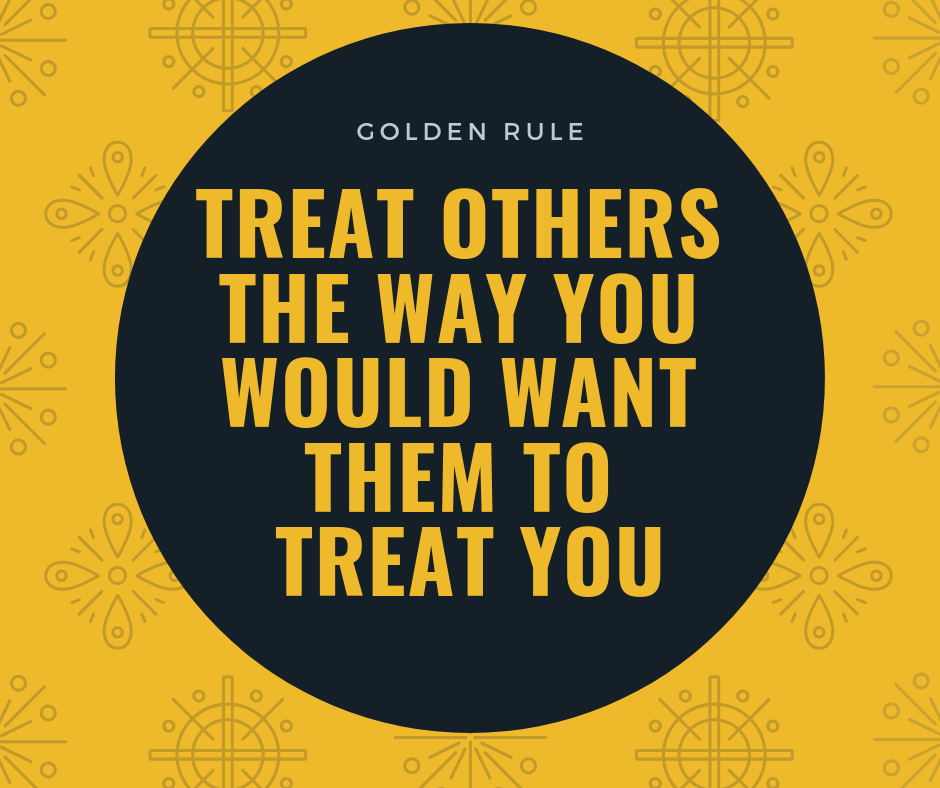 All the people you admire and look up to do just that. They have all accepted their characteristics and use them as virtues.
All the people you admire and look up to do just that. They have all accepted their characteristics and use them as virtues.
No one has achieved fame and success just by being like everyone else.
And those who seem normal are just pretending. Or maybe you just don't know them well. Everyone has their cockroaches. We are all weirdos. That's why life is so interesting.
16. Give up the boundaries that other people have set
If they tell you: “Don't do this, it won't work,” understand that these words concern them, not you. People act with the best of intentions, but their advice is based on personal experience, their choices, and all sorts of bullshit.
Set your boundaries and only recognize them. Don't want to answer calls and emails from your boss after 11 p.m. and on Saturdays? Well, don't answer.
Boundaries are like self-respect. Most people would be happy if you stayed within the limits, because they made them up. Let them know that you don't like this state of affairs. From this you will become not an asshole, but a strong personality and a respected person.
Let them know that you don't like this state of affairs. From this you will become not an asshole, but a strong personality and a respected person.
Never let anyone set limits. Because these will be other people's settings, not yours, and you will have to follow someone's lead.
17. Be honest with yourself. Know who you are and who you are not
When you gain self-respect and create your own boundaries, you learn a lot about yourself, so you can define who you are. But be honest about this. First with myself, then with others.
It's a lot easier to be honest if you're playing the part you want. Being honest is easier and ultimately more interesting.
18. You can be honest without being rude
Feel the difference between situations: clearly express your opinion about something or behave like a sheep. If you don't like someone or something, don't fight. Sometimes being honest means just shutting up and walking on by.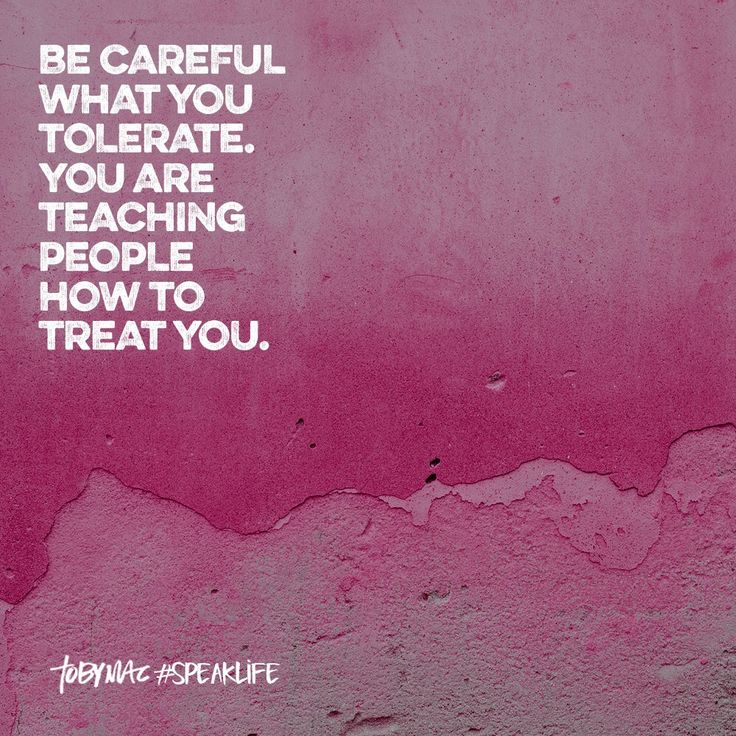 You don't always have to win to become a great person. Sometimes you need to make others feel like winners. Sometimes it's better to be a nice person than to be right.
You don't always have to win to become a great person. Sometimes you need to make others feel like winners. Sometimes it's better to be a nice person than to be right.
Honesty does not give you the right to speak with impunity, ending your speech with the words: “Yes, I just wanted to tell the truth!” No, you're just being rude. Do not do it this way.
Even other boors do not like boors. If you are rude, you will die alone, surrounded by 17 cats who will have no one to feed them.
To understand when you are being honest and when you are just being rude, first think and then speak. Otherwise, instead of words, you risk giving out a stream of abuse. If you notice such a flaw in yourself, take a five-second pause before starting a conversation. A pause works wonders.
19. The less you expect, the more successful you will be.
The Bhagavad Gita, a mega-wise and old Hindu book, says: “We are worthy of work, not of its fruits. ” Deep and true thought.
” Deep and true thought.
Don't start a business just because you want a reward. Start because you want to do it. It's like writing a book because you want to publish a bestseller. No one can guarantee you such a result. You have to write a book because you want to write. With this approach, regardless of the further development of events, you will already complete the task.
Focus on what you're doing as if the outcome doesn't matter.
All the items listed above are worthless without your attention. Attention to others, to your nerves and, most importantly, to yourself. You alone are responsible for your life, start managing it yourself.
That's it. Nineteen hard, invigorating tips to help you win. Now stop reading collections on the Internet and go to work.
Read also 🧐
- 10 biohacks that will help you unlock your potential and change your life for the better
- 100 ways to waste your life
- 20 adult surprises we were not prepared for
*Activities of Meta Platforms Inc. and its social networks Facebook and Instagram are prohibited in the territory of the Russian Federation.
and its social networks Facebook and Instagram are prohibited in the territory of the Russian Federation.
8 secrets of communicating with someone who annoys you
March 21 Relations
Even if you are the friendliest person in the world, sooner or later you will meet someone who will get on your nerves.
Don't worry if you don't like someone. We are all different. And this reaction reminds us that no one is perfect. Including ourselves.
1. Accept the fact that you can't get along with everyone
It's okay. Some people like you, and some people can't stand you. This does not mean that there is something wrong with you or with others. We all just have our own preferences.
The difference in characters plays a decisive role in this. An extrovert will find an introvert boring, and a convinced realist may find the fine mood of an optimist inadequate.
We tend to invest in what we like. Suppose you are annoyed by one of your acquaintances or colleagues. Of course, you will not seek to meet him and keep in touch. But sometimes this approach can turn into open hostility.
Of course, you will not seek to meet him and keep in touch. But sometimes this approach can turn into open hostility.
2. Try to understand your interlocutor
Maybe your mother-in-law doesn't consider you frivolous, as you always thought. And the colleague is not really trying to set you up. Take a closer look, and perhaps you will understand the motives of their actions or even extract some useful advice.
Don't get angry if there really is a good reason for criticism. You will only make yourself look bad. Just take my word for it and take the critical remark into service.
3. Keep your emotions under control
How you react to any situation depends on you. She can drive you crazy if you let it. Don't waste your strength.
Don't give in if someone hurts you or tries to piss you off. Sometimes “smile and wave” is the best method.
It is very important to initially treat everyone you meet with respect. This does not mean that you should always follow the lead and agree with everyone.
Be polite to other people. Thus, you will remain in your opinion, keep calm and the advantage will be on your side.
4. Don't take everything to heart
Very often we simply misunderstand a person. Perhaps he simply did not quite accurately express his thought, or his day did not work out in the morning. You should not take it out on someone, because he can break out on you in return. This will only exacerbate the situation. Be above this, concentrate on the matter, not paying attention to the inadequate reaction of the interlocutor.
If you feel tired and low energy, take a break, take a walk. Set boundaries for your personal space where no one can disturb you.
5. Speak calmly
How we communicate is often more important than what we say. If the situation has heated up, then it's time to talk about it. However, the dialogue should not be aggressive. It is better to use sentences that begin with the words “I”, “me”, “me”, for example: “It annoys me when you do this.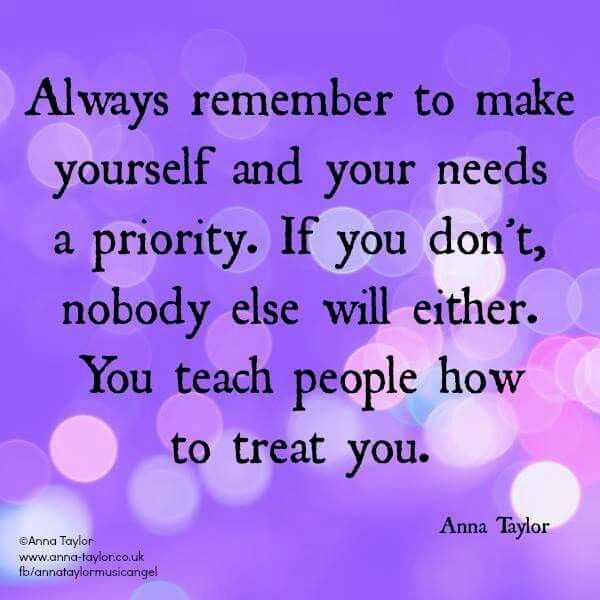 Could you act differently?" Most likely, the interlocutor will listen to you and also express his opinion.
Could you act differently?" Most likely, the interlocutor will listen to you and also express his opinion.
Sometimes it pays to call on a third party for help. Another person can objectively assess the situation. Maybe after the dialogue you will not become friends with the one with whom the conflict has matured, but at least you will be able to communicate normally.
Working with people you find difficult to get along with is a rewarding experience that will show you how you can deal with problems.
6. Prioritize
Not everything deserves your time and attention. You must decide whether you really want to keep in touch with this or that person, or whether it is better to concentrate, for example, on work.
Consider the situation. Will it get worse over time? Sooner or later the problem will have to be solved. If the conflict is ripe simply by coincidence, then you will quickly be able to deal with it.
7. Do not take a defensive position
If you feel constant dissatisfaction with you from someone else, if someone focuses only on your shortcomings, you should not rush at this person with your fists.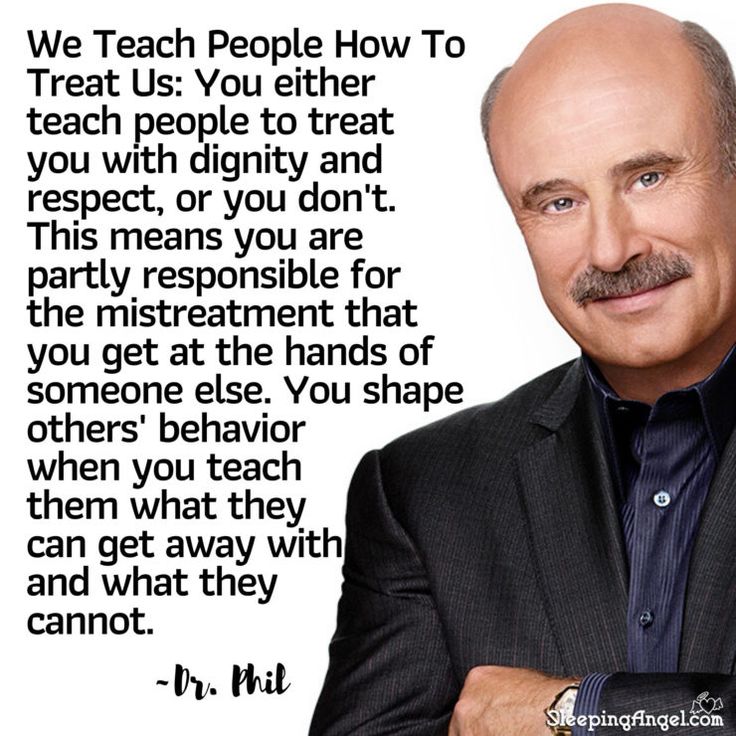 This is not a way out. Such behavior will only irritate him. Instead, it is better to ask directly what exactly does not suit him. Gossip or harassment can be a sign that they want to manipulate you or even demonstrate their power.
This is not a way out. Such behavior will only irritate him. Instead, it is better to ask directly what exactly does not suit him. Gossip or harassment can be a sign that they want to manipulate you or even demonstrate their power.
If a person wants you to treat them with respect, they should treat you the same way.
There is one psychological trick: speak quickly when you disagree with someone. So the interlocutor will have less time to answer. Slow down if you feel that he is ready to agree with you.
8. Remember that you are the creator of your own happiness
Of course, it is difficult to soberly assess the situation if someone is getting on your nerves. However, never let others drag you down.
If someone's words really hurt your nerves, look into yourself. Maybe you are not confident in yourself or are you worried about some work moments? If so, focus on solving the problems that are important to you.
Do not compare yourself to others, because we are all different.

